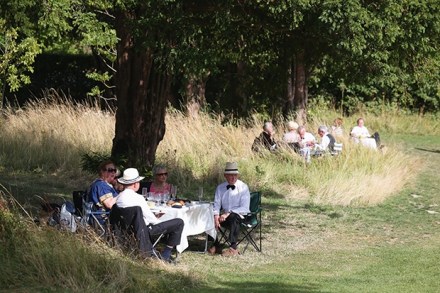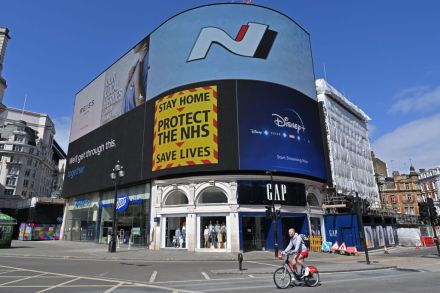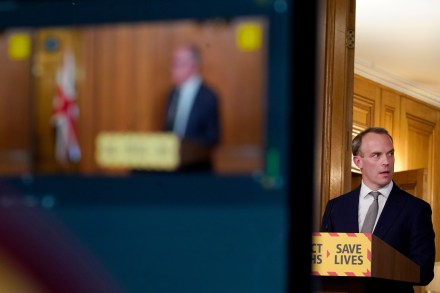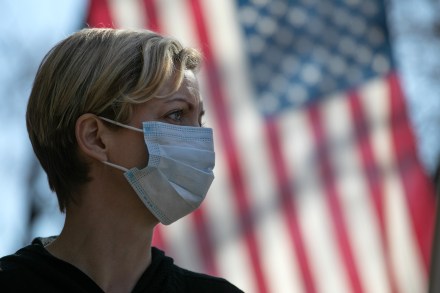Our impatience will end the lockdown
At the farm shop this morning there was a chap panic-buying a large metal and plaster flamingo. It was the last one in stock and he looked very pleased with himself. I wondered if he had a few score more at home, hoarded in the attic. And then his long-suffering wife saying, when he arrived home: “Did you get the milk and chopped tomatoes?” And him replying with excitement: “No, but I managed to get another one of THESE, love…” As I mentioned in my column this week, the government will be a fait accompli to the ending of lockdown. The glorious silence of two weeks ago is already a




















